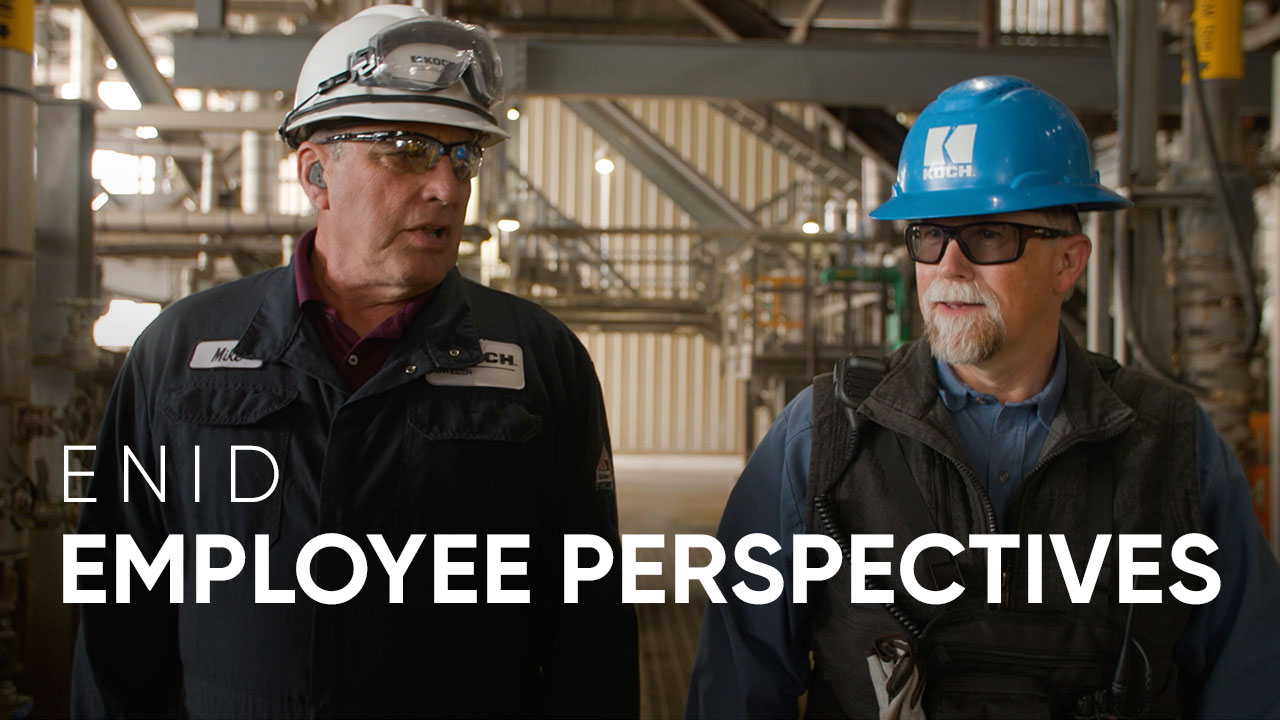Resumen de los principios
Not only is our world rapidly changing, the rate of change is accelerating. We have long emphasized the importance of continuous improvement; however, today we need more than that. We need continual transformation which requires a heightened sense of urgency. If we do not continually transform, creative destruction and entropy will overwhelm us, and we will fail.
Transformation doesn’t mean doing what we’ve been doing a little better or a little faster. It means doing things in entirely new ways, such as: creating new and better products and services, using new technology, combining existing methods and technologies in new ways, significantly reducing the resources consumed and eliminating unprofitable activities. None of these happen without employees who are contribution motivated. For every innovation there is an innovator – and likely many contributors. For every improvement there are employees with the initiative, ideas and skills to make it happen.
Transformation also requires building knowledge networks to inform us of methods, technologies and trends from anywhere in the world that might improve, disrupt or destroy what we do today. These knowledge-sharing networks, both internal and external, along with reality-based measures and well-designed experiments, are critical to achieving the necessary rate of transformation. If we are protectionist and close ourselves off from competition or innovation we will become obsolete.
Transformations only come about if we transform ourselves. This starts with a willingness to undergo the most difficult and painful of all changes: changing our paradigms. Developing new paradigms and habits based on principles of human progress involves focused and prolonged effort. Consider what’s required for a bodybuilder to transform into a marathon runner. Long-term success also entails continually seeking help to acquire new knowledge and skills. Being a lifelong learner is essential.
Our organization is transformed when we continually develop and update its vision, strategies, capabilities, products and services to create superior value and satisfy unmet needs. This is only possible in an entrepreneurial culture where employees are eager and willing to drive transformation from the bottom up rather than waiting for a top-down grand plan. While some transformations are big leaps forward, many are the cumulative result of employees continually challenging and pushing themselves and their teams to find new ways to create value.
Koch’s transformations have always depended on employees who are contribution motivated – who know that no matter how well we (as a company or individuals) are performing today, we can always do better. If we dedicate ourselves to understanding and applying the principles of human progress to continually transform ourselves and our organizations, we can accomplish more and have better lives than we ever imagined.
Entiéndelo mejor
Ejemplos
Estos son algunos ejemplos de cómo puede ser la transformación para las personas y la organización.
- Transfórmate a ti mismo
- Ayude a otros a transformarse
- Ayudar a la empresa a transformarse
Pruébalo
El poder de estos principios ocurre a través de la aplicación. No hay sustituto para aprender a medida que aplicas.
Explore y comparta algunos ejemplos de transformación: considere ejemplos internos y externos.
El Principio de Transformación en Resumen enumera algunas formas de transformación: crear nuevos y mejores productos y servicios, utilizar nuevas tecnologías, combinar métodos y tecnologías existentes de nuevas maneras, reducir significativamente los recursos consumidos y eliminar actividades no rentables. ¿Qué podría perseguir usted o su equipo en este momento?
¿Cuáles son algunas de las transformaciones que anticipas en tu industria, empresa o profesión? ¿Qué estás haciendo para prepararte para ello?
¿Cuál es un área de tu negocio o trabajo que si no transformas, te quedarás atrás?
¿Cuáles son algunas de las áreas del negocio que van realmente bien? ¿Cómo podrían transformarse esas áreas para el futuro?
Piensa en los momentos en los que te has transformado. ¿Qué se necesitó para transformarse? ¿Qué lecciones puedes aplicar a tu situación actual?
